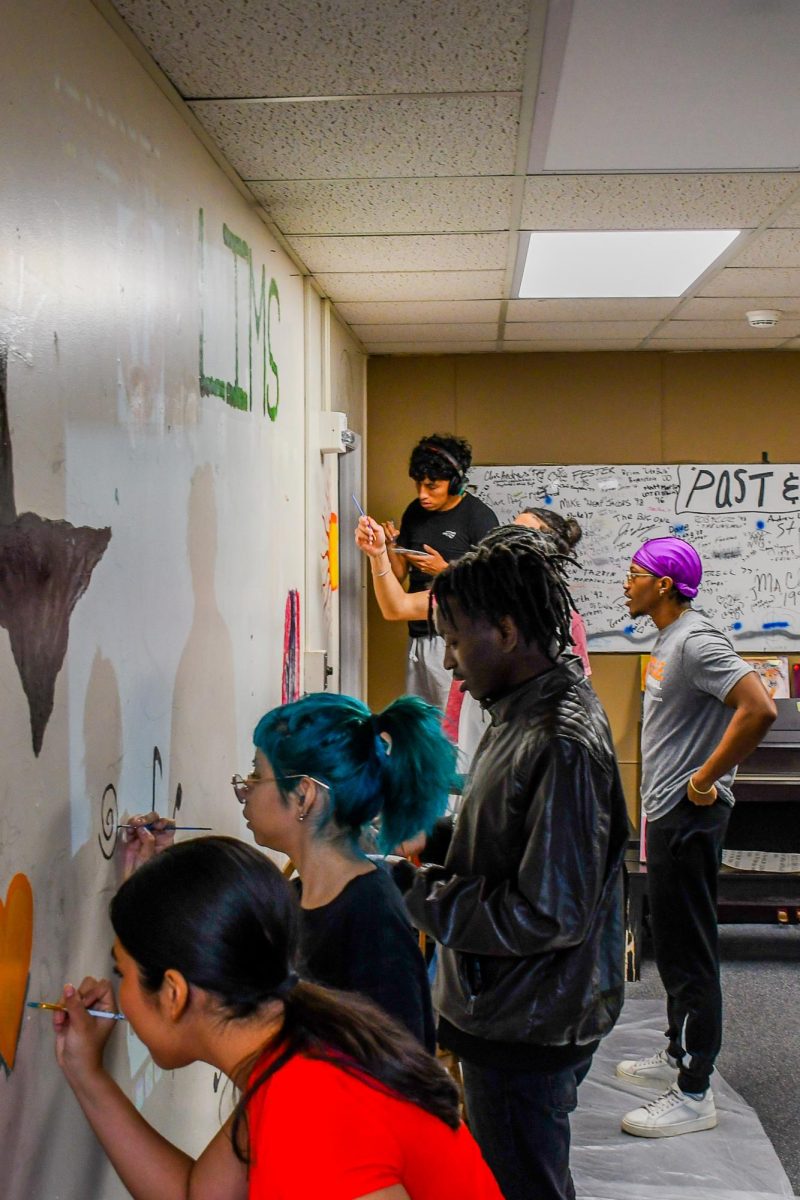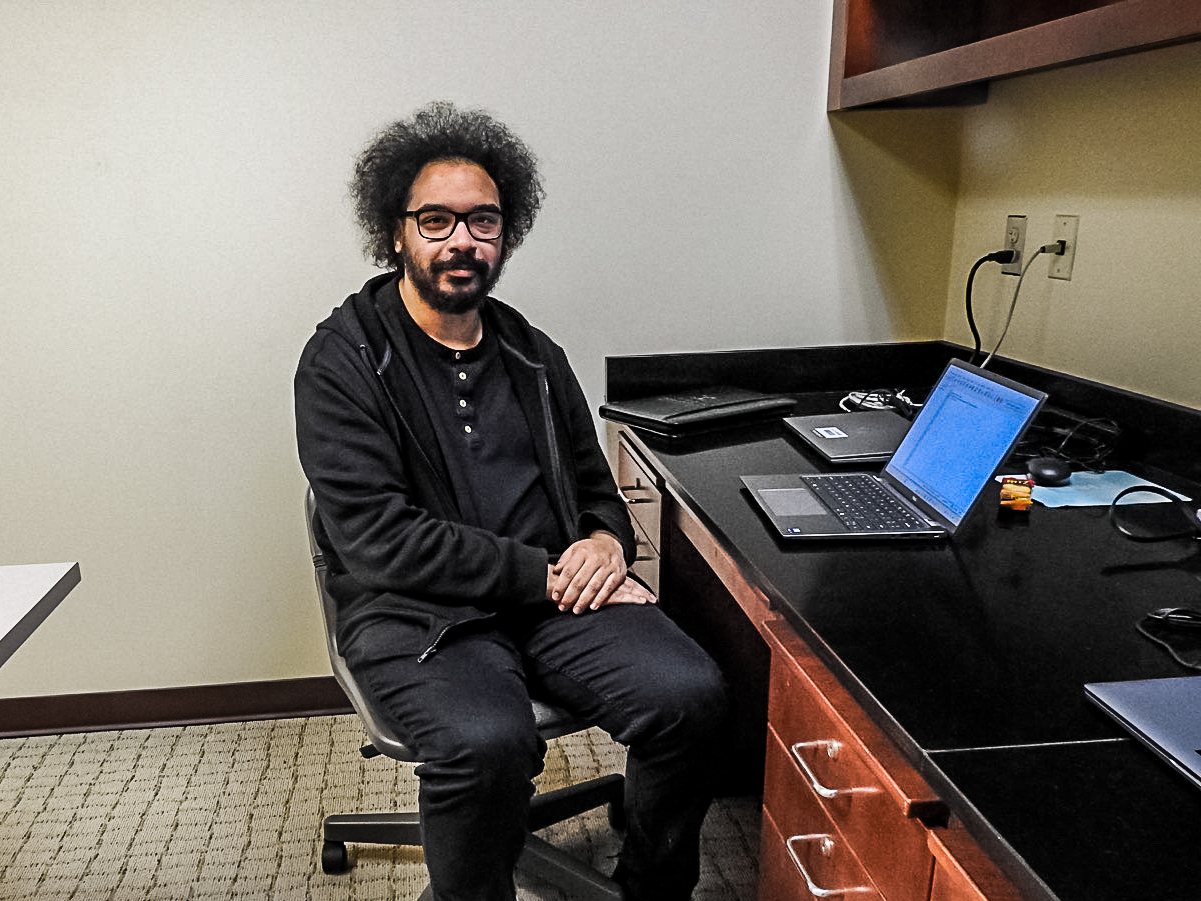Distinguished poet and professor at Northampton Community College Javier Avila selected the poem “Aylan” by Emily Lugos ’20 as the winner of the Jean E. Corrie Poetry Competition Prize. A reading on Tuesday – part of the college’s Poetry Week – honored this distinction.
Since 1989, the Jean E. Corrie Poetry Prize has recognized students’ talents’ in poetic writing through a competition judged by featured poets. Jovanté Anderson ’19 received an honorable mention for his poem “Tsumani.”
The competition was for Lafayette freshmen, sophomores and juniors.
“There were other really good poems that were more personal with great imagery and really just wonderful honesty and truth,” Avila said. “That’s the hard part because honestly, art in the end shouldn’t really be about competition, but its always encouraging…to have someone say, ‘Yes, I validate what you are doing and I think it is great.’”
Lugos’ poem, “Aylan,” was inspired by a 2015 photo of Aylan Kurdi, a three-year-old Syrian boy who was found dead on a beach in Turkey.
“It was the most haunting image to see this little boy dead on the beach,” Lugos said. “My poem was just trying to capture the heartache that accompanied the tragic refugee stories coming from Syria.”
Lugos said that the poem is meant to provide people with a better understanding of the difference between refugees and immigrants. She also said she hopes that the poem will inspire sympathy and help reveal the trauma experienced by refugees.
According to Avila, it was not only the mature subject matter, but also the imagery and relevance of the poem that made “Aylan” stand out as the winner of the competition.
“This was a poem that was so multilayered but at the same time was handled with such heart,” Avila said. “I always think that poetry is both an emotional experience and an intellectual experience — but it should be first an emotional experience. It moved me, like I’m sure it moved everyone who read it.”
Avila was similarly captivated by Anderson’s poetry. While Avila did not know the authors of the poetry he was judging, he knew if the same author submitted multiple pieces. Avila explains that he was choosing between two of Anderson’s poems, one longer and one shorter. In the end, Avila awarded Honorable Mention to the shorter poem, “Tsunami.”
“I though the strength of the very, very few words of that powerful poem about the world, the state of the world and the environment made an excellent poem,” Avila said.
Anderson said that poetry is a way for him to express his love for language and that he wants to be remembered as a storyteller. “Tsunami” is a story of the conflicts in both interpersonal relationships and human relationships with the environment.
“I’ve been thinking a lot about love, what it looks like and how complicated and fragile it can be,” Anderson said. “I started to think about our relationship with the earth as a tragic love story because isn’t that what it is? I wanted the poem to ask, ‘What happens when you love someone who is no good for you?’”
Both poems provide commentary on current events that are often controversial.
“I think these poems will stand the test of time, they are relevant now and they will continue to be relevant,” Avila said.




















































































































